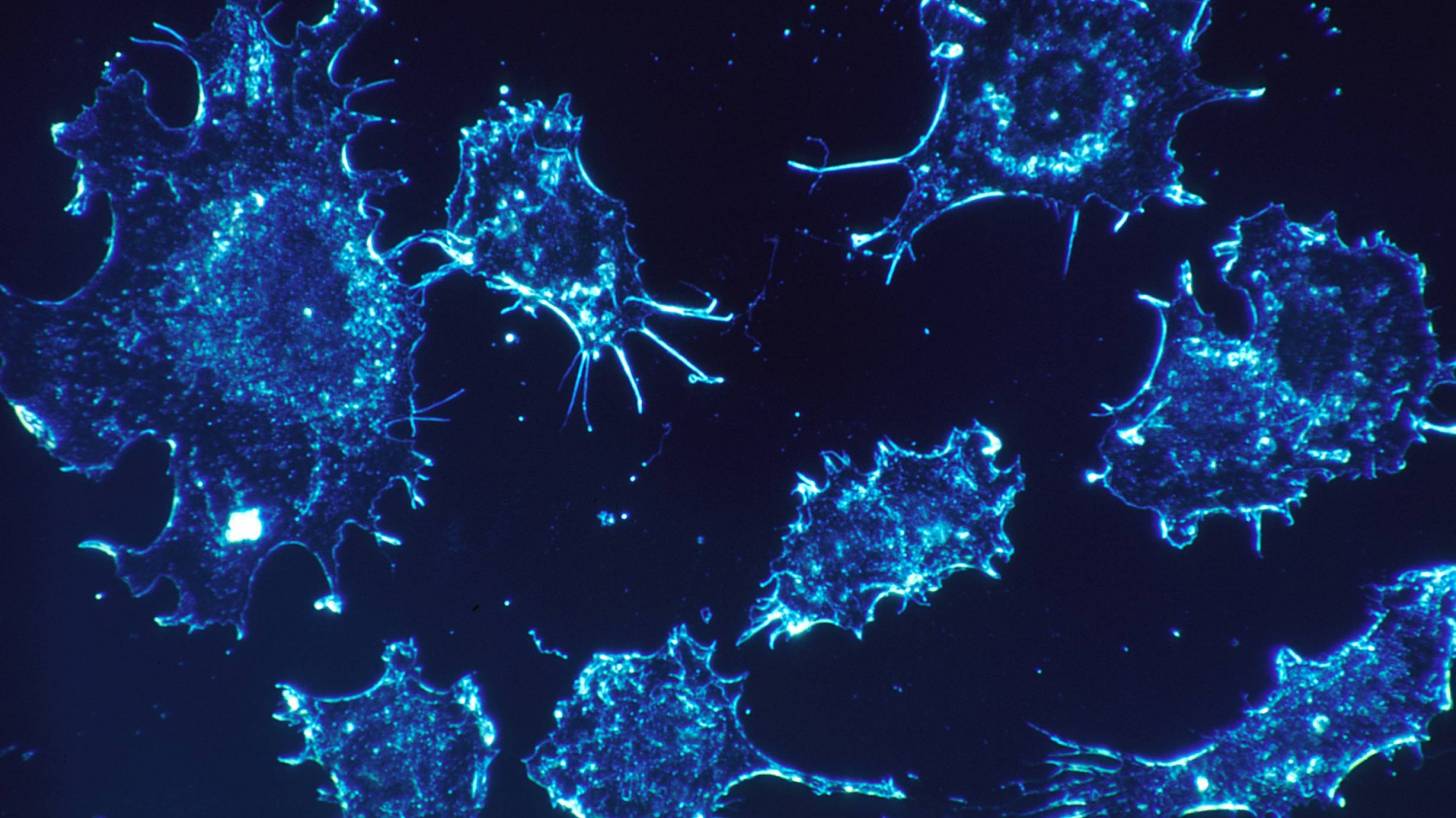Cancer Vaccine Against Gastrin Decreased Pancreatic Metastases

New research suggests a cancer vaccine candidate that blocks a digestive hormone (Gastrin) may slow the spread of Pancreatic cancer, potentially increasing survival rates.
Published on August 21, 2019, this mice study is important news since traditional therapies have not significantly improved Pancreatic cancer survival.
In this new study, an extensive research team speculated that blocking gastrin may alter the environment of Pancreatic cancer, preventing metastases.
An estimated 90 percent of people with Pancreatic cancer has an advanced stage of disease at the time of diagnosis. The American Cancer Society’s estimates 45,750 people (23,800 men and 21,950 women) will die of pancreatic cancer in 2019.
And, Pancreatic cancer has recently been deemed a 'cold' tumor that is resistant to chemotherapy and immune therapies in part because of scar tissue around the tumor and a lack of killing immune cells within the tumor.
Gastrin is a hormone that prompts the release of gastric acid in the stomach, which in turn helps the body digest and absorbs nutrients from food.
Previous studies suggest that gastrin also stimulates the growth of pancreatic cancer and increases the expression of certain proteins that then promote a process called epithelial-mesenchymal transition (EMT).
EMT occurs when epithelial cells that cover the organs turn into stem cells and move to other parts of the body—which contributes to the development of metastases.
These researchers exposed female mice to pancreatic cancer cells. One group was treated with a vaccine that blocked gastrin, and a 2nd group was treated with an immune checkpoint antibody, called PD-1, a protein that causes cell death.
The 3rd group of mice received both the vaccine and the PD-1 antibody.
All 3 treatment groups were compared with a control group that did not receive any treatment.
The research team measured tumor sizes weekly during the 6-week trial and found a steady increase in tumor growth in the PD-1 antibody and control groups.
In contrast, groups treated with the vaccine alone or the vaccine combined with PD-1 antibodies showed a decreased rate of tumor growth and a decrease in the number of metastases.
Neutralizing gastrin with the vaccine inhibited the development of metastases by interrupting EMT, the researchers explained.
The combined therapy group also had less fibrosis in and around the tumors.
This is relevant because fibrosis “has been shown to impede the penetration of chemotherapeutic agents and immunotherapy”—standard forms of cancer treatment—the researchers wrote.
This study suggests that inhibition of the cancer-promoting effects of gastrin in pancreatic cancer can decrease metastases by altering the tumor microenvironment and decreasing pathways that activate the EMT.
In summary, the PAS vaccine appears to change the tumor microenvironment, making it more susceptible to therapy with an immune checkpoint antibody.
This novel combination of two immunotherapies may improve the survival of pancreatic cancer by decreasing both tumor growth and metastasis formation, concluded these researchers.
No conflicts of interest were disclosed by these researchers: Nicholas Osborne, Rebecca Sundseth, Martha D Gay, Hong P Cao, Robin D. Tucker, Sandeep Nadella, Shangzi Wang, Xunxian Liu, Alexander Kroemer, Lynda Sutton, Allen Cato, and Jill P. Smith.
Cancer news published by Vax-Before-Cancer
Our Trust Standards: Medical Advisory Committee

























